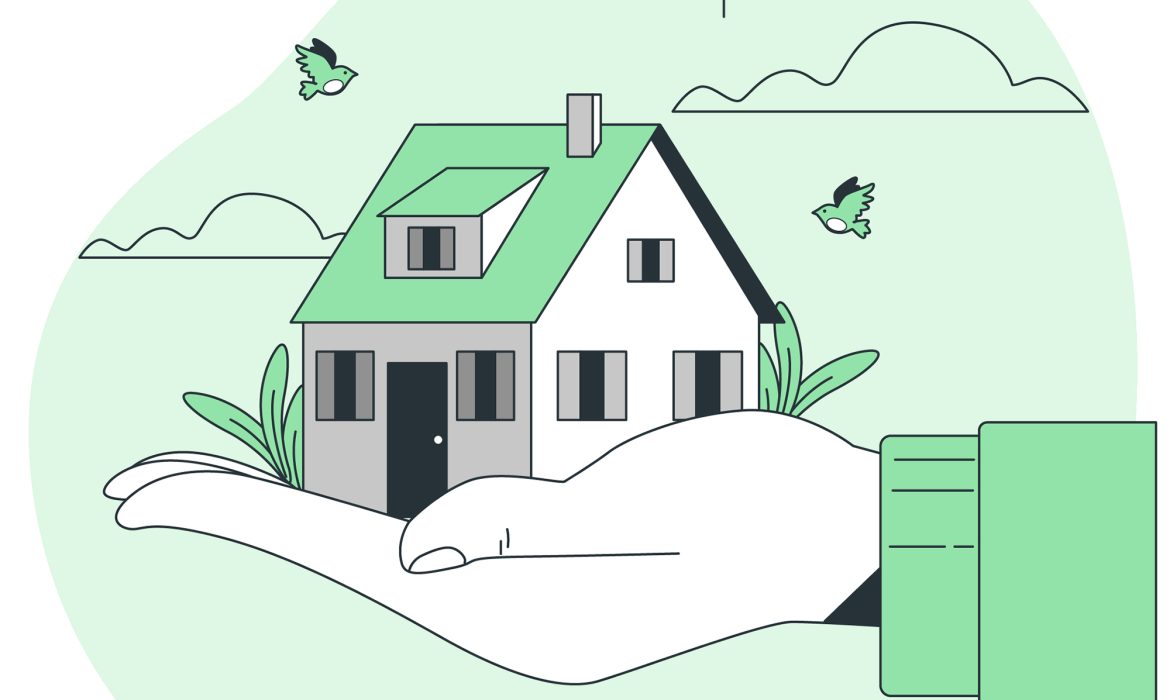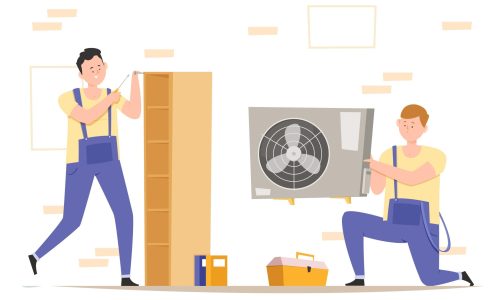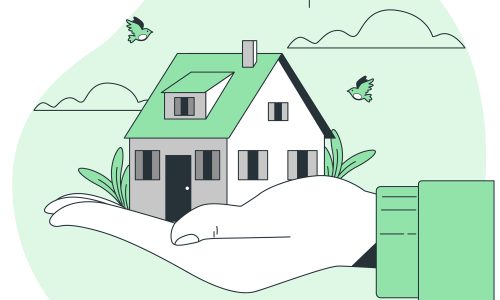Owning a home is a dream for many, but it also comes with responsibilities, especially when it comes to upkeep. Much like any valuable asset, a home requires regular maintenance to ensure it stays in optimal condition. Home maintenance might seem overwhelming, but it is crucial for keeping your living space safe, efficient, and comfortable. This blog will explore why home maintenance is important, the key areas to focus on, and how regular upkeep can save you time, money, and effort in the long run.
Why Home Maintenance Matters
- Cost Efficiency One of the primary benefits of regular home maintenance is cost savings. Addressing small problems, such as fixing a leaky faucet or a cracked window, may seem insignificant, but if ignored, these issues can lead to much larger (and more expensive) repairs. For example, a small roof leak can turn into major water damage or mold growth if not attended to promptly. Regular maintenance helps prevent minor problems from escalating into costly disasters.
- Health and Safety Maintaining your home is essential for the health and safety of its occupants. Faulty wiring, plumbing leaks, mold growth, or structural damage can pose serious risks. By regularly inspecting and maintaining critical areas like electrical systems, plumbing, and HVAC units, you can ensure a safe living environment. Additionally, home maintenance helps avoid accidents by ensuring stairs, handrails, and flooring are secure and free from hazards.
- Preserving Property Value Your home is likely one of the most significant investments you will make. Regular maintenance helps preserve its market value. A well-maintained home is more appealing to buyers and can command a higher price if you ever decide to sell. On the other hand, a neglected property can lose value quickly and become difficult to sell. Investing in regular maintenance now can pay off substantially in the future.
- Energy Efficiency Proper home maintenance can also improve energy efficiency. For instance, cleaning or replacing air filters in your HVAC system ensures that it operates efficiently, reducing your energy bills. Sealing gaps around windows and doors, insulating the attic, and maintaining your heating and cooling systems can make your home more energy-efficient and comfortable. Over time, energy-efficient homes are not only cheaper to operate but are also more environmentally friendly.
- Preventing Emergencies A well-maintained home is less likely to experience emergencies such as burst pipes, electrical fires, or major appliance failures. By proactively addressing issues before they become urgent, you can save yourself the stress and inconvenience of emergency repairs. Preventive maintenance includes regular checks on essential systems such as plumbing, electrical, and heating, ensuring they are in proper working condition year-round.
Key Areas to Focus On
While home maintenance can feel overwhelming, it becomes manageable when broken down into specific areas of focus. Here are a few critical areas that homeowners should regularly inspect:
- Roof and Gutters: Inspect the roof for missing or damaged shingles, and ensure the gutters are clear of debris to prevent water damage.
- Windows and Doors: Check for drafts or cracks in windows and doors, sealing them properly to maintain insulation and energy efficiency.
- Plumbing: Look for leaks in faucets, pipes, and appliances such as dishwashers and washing machines. Address leaks promptly to avoid water damage or mold growth.
- Heating and Cooling Systems: Regularly service HVAC systems to ensure they operate efficiently, and replace air filters every few months.
- Safety Equipment: Test smoke detectors, carbon monoxide detectors, and fire extinguishers to ensure they are functioning properly.
Creating a Home Maintenance Plan
The easiest way to stay on top of home maintenance is to create a maintenance plan or checklist. This plan can be broken down by frequency (monthly, seasonal, and annual tasks) to ensure nothing is overlooked.
- Monthly Tasks: Include simple tasks such as cleaning HVAC filters, checking for plumbing leaks, and testing smoke detectors.
- Seasonal Tasks: Each season brings its own maintenance needs. For example, in the spring, clean gutters and inspect the roof for winter damage, while in the fall, prepare your home for cold weather by sealing gaps and servicing heating systems.
- Annual Tasks: Some maintenance tasks only need to be done once a year, such as having your chimney cleaned, inspecting your home’s foundation, or servicing your water heater.
Conclusion
Home maintenance is a crucial part of homeownership that offers many benefits, from saving money to maintaining the safety, value, and comfort of your home. By staying proactive with maintenance, you can prevent emergencies, extend the life of your home’s systems, and increase your property’s market value. Creating a comprehensive maintenance plan can help you stay organized and on track, ensuring that your home remains a safe and inviting space for years to come.
Start today by scheduling routine checks, making small repairs, and tackling seasonal maintenance tasks to protect your investment and keep your home in top condition!





